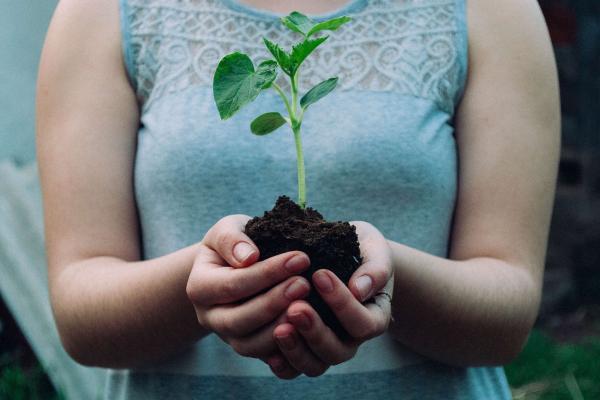Oct 23, 2018
Juliana was in high school when she first joined Our Children’s Trust to sue the Governor of Oregon for a stable climate. During my environmental education classes, I’ve discussed the litigation to illustrate the importance of a long-term view even for an urgent planetary crisis. When my undergraduates prepare conservation workshops for local schools, they know that Juliana once sat in their places. She hopes to advocate for them in the U.S. District Courthouse in Eugene, Ore. in what may be the lawsuit of their lifetimes. And regardless of this Supreme Court’s decision, youth will gather on the courthouse steps to call for their right to a stable climate.
Read the Full Article

Already a subscriber? Login
